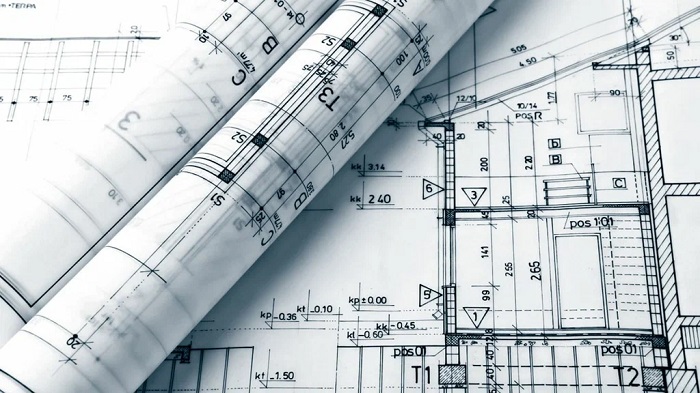Developing a construction drawing is the most important stage of design, requiring strict adherence to established rules and regulations. First of all, it is necessary to understand the main objectives of the drawing and its functional purpose. Nowadays, feature extraction from construction drawings is easy. Let’s consider the features of developing construction drawings in more detail.
Defining goals and objectives
Before starting work, it is necessary to clearly define the purpose of the drawing. This can be:
- Architectural design (room plans, facade views).
- Development of design solutions (foundations, ceilings).
- Wiring of utilities (plumbing, electricity).
Selecting a scale
Choosing a scale ratio is one of the first tasks when preparing a drawing. It should be easy to perceive and correspond to the level of detail of the project. Typically, scales of 1:100, 1:50 or 1:20 are used, based on the dimensions of the object and the required accuracy.
Drawing up a basic plan
The drawing must include a general plan of the building or structure, which includes:
- Dimensions of rooms and premises.
- Location of supporting and enclosing structures, openings.
- Main coordinate axes and elevation marks.
Symbols of elements
Each element in the drawing must be clearly marked. Use generally accepted symbols and line types:
- Continuous lines to show visible contours.
- Dotted lines to show hidden parts.
- Dashed lines to indicate centers.
Dimensioning and explanatory inscriptions
Linear dimensions must be positioned so that they do not intersect other elements. Explanatory inscriptions in the form of text comments must be simple and concise. It is important that all dimensions are specified in a single measurement system.
Use of legends and lists
Adding a breakdown of the signs and abbreviations used will significantly facilitate understanding of the drawing. Lists are used to provide information about materials, complete sets and additional information.
Compliance with standards
It is necessary to adhere to the current building codes and regulations. This is the application of rules for designating objects, specifying dimensions and the general design of drawings.
Control and making changes
After completing work on the drawing, it is important to check it for inaccuracies and errors. It is also recommended to get an expert assessment from colleagues.
Preparation of a construction drawing is a process that requires maximum attention and meticulousness. Following the steps and rules described above will help to create a high-quality and understandable document that will serve as a reliable foundation for a construction project!






Оставить ответ